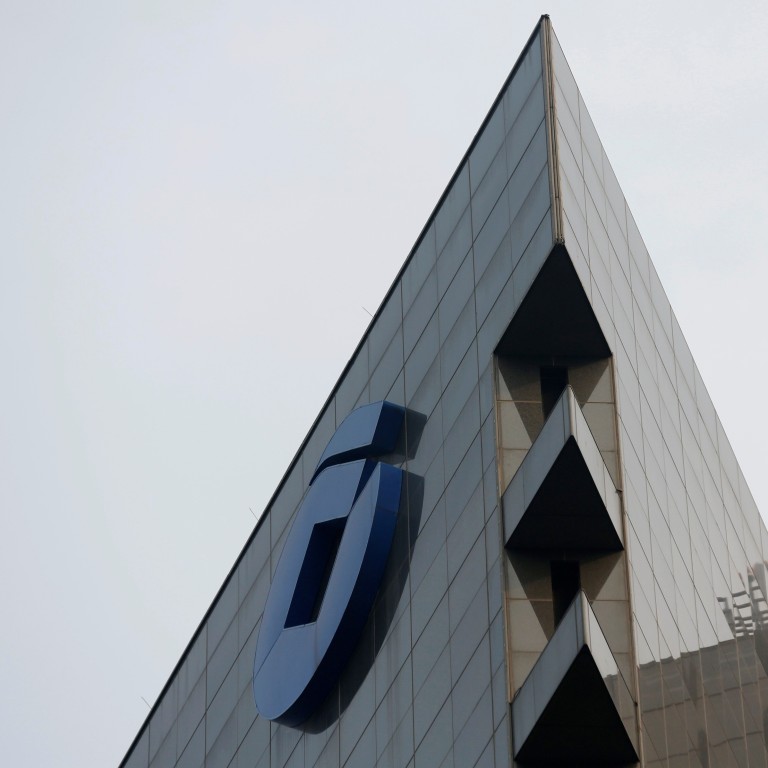
China Construction Bank posts worst earnings in more than a decade on bad loan surge
- Net income fell 11 per cent to 137.6 billion yuan (US$20 billion) in the first half from 154.2 billion yuan a year earlier, according to exchange filing
- Stock has declined 16 per cent this year, deeper than the 9.8 per cent loss in the Hang Seng Index
Net income fell 11 per cent to 137.6 billion yuan (US$20 billion) in the six months through June from 154.2 billion yuan a year earlier, the Beijing-based lender said in an exchange filing on Sunday. Loan loss provisions jumped 49 per cent.
In total, the nation’s more than 1,000 commercial banks posted a 24 per cent decline in second quarter profits, with non-performing loans (NPLs) hitting a record 2.7 trillion yuan. Citigroup last month slashed 2020 to 2022 earnings forecasts for major Chinese banks by more than 10 percentage points and expects them to suffer a 13 per cent drop in profit this year.

“Under mounting political pressure, China banks not only have had to further cut loan yields to subsidise the real economy, but also need to accelerate countercyclical provisioning and adopt more conservative NPL assumptions in setting provisions,” Citigroup analysts led by Judy Zhang wrote. “The potential negative earnings growth will overhang the China banks’ near-term share performance.”
Investors have never been so downbeat on Chinese lenders’ outlook. Shares of the biggest banks are trading at about 0.45 times their forecast book value, a record low valuation, after underperforming the benchmark indexes in Hong Kong and on the mainland for most of the past five years.
Coronavirus: China calls on banks to give up US$212 billion in profits to finance cheap business lending
Chinese banks joined the chorus of global lenders warning about a difficult economic outlook. HSBC said the fallout from the pandemic may trigger loan losses of as much as US$13 billion this year, while JPMorgan saw a protracted downturn and said government stimulus was making it harder to gauge the economic damage.
In the worst case, China banks could be guided to reduce profit by around 20 to 25 per cent in 2020, according to Jefferies analyst Shujin Chen. Further reduction would hurt banks’ capital even without any dividend payout and would be harmful to financial stability, she said.

05:59
Coronavirus: What’s going to happen to China’s economy?
Moody’s expects bad loan pressure to stay high amid weak consumer sentiment, putting banks’ profitability under stress for the rest of 2020. Economists forecast gross domestic product will grow 2 per cent this year, slowing from 6.1 per cent in 2019, after a slump at the start of this year.
China is recovering slowly as President Xi Jinping is accelerating his push to make the economy more independent amid a broadening confrontation with the US over everything from trade to finance and technology.
Tensions over Hong Kong has sparked sanctions on politicians and officials on both sides in recent weeks. China’s biggest lenders are looking over their accounts in order not to endanger their access to crucial dollar funding.

